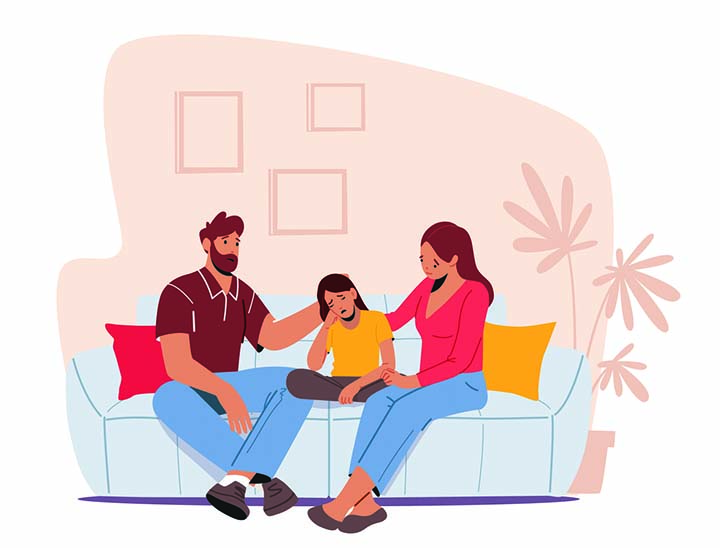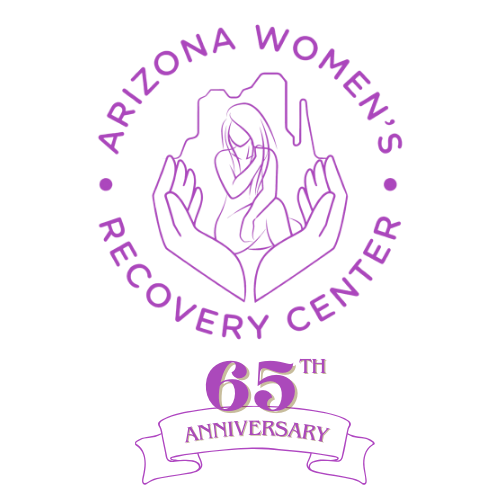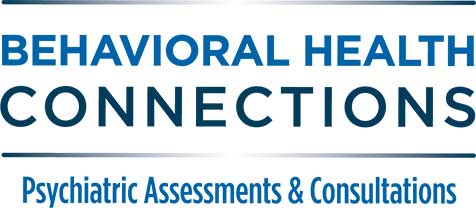Bringing up the subject of alcohol to teens isn’t easy, they may try to dodge the discussion, or you feel unsure about how to proceed. To make the most of your conversation, take time to think about issues you want to discuss. Consider how your child might react, and ways you might respond to their questions and feelings. Then choose a time when you and your child have some “down time” and are feeling relaxed.
Don’t cover every topic at once
You’re likely to have a greater impact on your child’s decisions with ongoing conversations, never a lecture. Begin by finding out what your child thinks about alcohol and drinking.
Your child’s views about alcohol
Ask your teen what they know about alcohol and teen drinking and why they think kids drink. Listen carefully without interrupting. This approach help your child feel heard and respected, and can serve as a natural “lead-in” to discussing alcohol topics.
Important facts
Alcohol is a powerful drug that slows down the body and mind. It impairs coordination; vision, clear thinking, judgment and slows reaction time.
Beer and wine are not “safer” than gin, rum, tequila, vodka, whiskey, etc.
On average, it takes 2 to 3 hours for a single drink to leave a person’s system. Nothing will speed up this process, including drinking coffee, taking a cold shower, or “walking it off.”
People tend to be bad at judging how seriously alcohol has affected them. Many individuals who drive after drinking think they can control a car—but actually cannot.
Anyone can develop a serious alcohol problem, including teens.
Good reasons not to drink
Stay away from scare tactics but discuss the consequences of alcohol use without overstating the case.
You want your child to avoid alcohol. Clearly state your own expectations about your child’s drinking. Your values and attitudes count with your child, even though he or she may not always show it.
To maintain self-respect. Teens say the best way to persuade them to avoid alcohol is to appeal to their self-respect—let them know they have too much going for them to need alcohol.
Teens are likely to pay attention to examples of how alcohol might lead to embarrassing situations or events—things that might damage their self-respect or alter important relationships.
Alcohol use under the age of 21 is illegal, getting caught may mean trouble with the authorities. Even if getting caught doesn’t lead to police action, the parents of your child’s friends may no longer permit them to associate with your child.
Drinking can be dangerous. One leading cause of teen deaths is motor vehicle crashes involving alcohol.
A family history of alcoholism. If one or more members of your family has suffered from alcoholism, your child may be somewhat more vulnerable to developing a drinking problem.
Alcohol affects young people differently than adults. Drinking while the brain is still maturing may lead to long-lasting intellectual effects and may even increase the likelihood of developing alcohol dependence later in life.







































